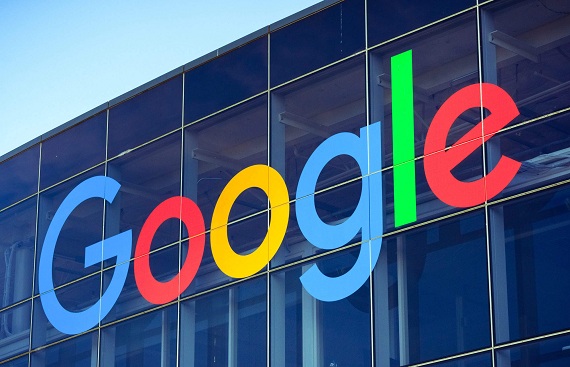Experience the Future of Gaming: Google Introduces WebGPU Technology in Chrome
By
siliconindia | Friday, 07 April 2023, 07:13 Hrs

In an exciting development for gamers, Google has revealed that it will enable WebGPU, a powerful API that grants web applications greater access to a computer's graphics card, as the default setting in Chrome 113. This update is expected to launch in approximately three weeks' time and will allow WebGPU to be utilised on devices running Windows with Direct3D 12 support, macOS, and ChromeOS systems that support Vulkan.
In a recent blog, it was revealed that WebGPU has the ability to enable developers to achieve advanced graphics without having to write extensive code. Additionally, the API offers an impressive "more than three times" improvement in machine learning model inferences, which is particularly exciting given the current popularity of generative AIs and large language models.
Although services like Google's Bard and Microsoft's Bing do not utilise local hardware, there is huge potential for innovative machine learning applications that can take advantage of the enhanced performance enabled by WebGPU.
According to Google, the imminent release of WebGPU this month will function as a foundational stepping stone for future updates and enhancements. The company has promised to introduce much more advanced graphics features, deeper access to shader cores, and improvements to the development process for content that runs on WebGPU. These upcoming updates are likely to offer even greater potential for developers to create interactive web applications with advanced graphics capabilities.
WebGPU has been in development since 2017, and the API has been sophisticated over time to enhance its capabilities. While it will soon be enabled by default in Chrome, it is not exclusive to the browser - Firefox and Safari are also expected to support WebGPU in the future. Google has further plans to expand its implementation to additional operating systems beyond Windows, macOS, and ChromeOS.
Google has also announced plans to accelerate the release of future versions of the Chrome browser. While the schedule for stable releases will remain the same, with no plans to release them any earlier, Google intends to "feature freeze" them at a later point in the development process. This will minimize the time between when developers halt the addition of new features to the build and when the public can access it. These changes are aimed at improving the development process for Chrome and ensuring that users receive the most up-to-date features and enhancements more quickly.
